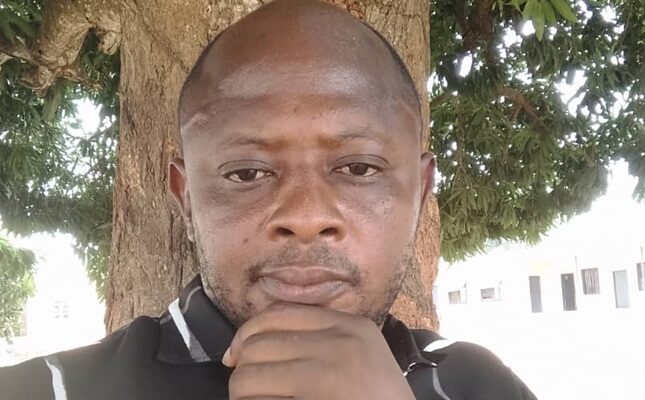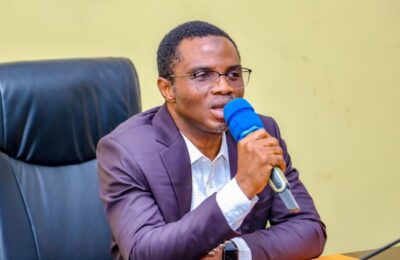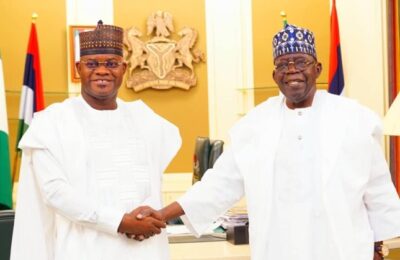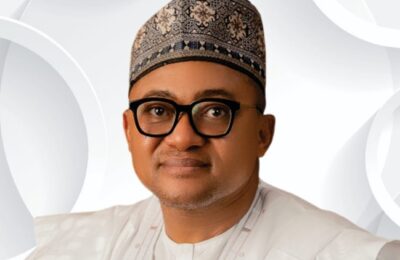In the whirlwind of Nigeria’s ever-turning political calabash, the Igala nation was once like the mighty iroko—rooted deep, towering high, and shading many. From the banks of the River Niger to the corners of distant lands, their name echoed like the drumbeats of warriors returning home—respected, revered, and never mistaken for lesser tribes.
Yet, somewhere between yesterday’s glory and today’s confusion, the mighty have stumbled. Many Igala people today talk about their political friends and foes, pointing fingers at the Alhaji Yahaya Bello. The mere mention of his name in social or political gatherings often triggers an earthquake of reactions. But, truth be told—even if this assertion might provoke some quarters—the deadliest enemy isn’t always external. If we must confront reality, the most destructive enemy within Igalaland isn’t a person or tribe. It’s a poisonous trinity: pride, greed, and hatred.
Pride, the silent killer, has eaten deep into the soul of some of our people. It’s the disease that whispers lies of superiority while breeding division. It is pride that makes an Igalaman see his brother not as a partner in progress, but a rival to outshine. Pride is what has caused our sons and daughters to hide their identity in foreign cities. When you see a fellow Igalaman in the city, he often pretends not to be Igala. He would rather blend into other ethnic groups than associate with his own.
I recall a scenario from a few years ago during a visit to my elder brother in Lagos. I wore an Igala cultural attire. As we headed to the mall in Ikeja, a young man ran across the road towards me, shouting, “Wait! Wait! Omaye-Brother, you surprised me. The clothe that no Igala man wants to wear, you are wearing it in this Lagos?” He continued in Igala, “Ehika ne, Eju ene kpai eju emu ki temi i igbe efu amoma Igala”—the pride, i too know and shakara among Igala people here is overwhelming! He was overjoyed to see me.
Sadly, many Igalas will never speak their language in public. While the Igbos, Yorubas, and Hausas embrace and promote their languages even in the most elite spaces, Igalas often scorn their own. In Kano, for example, many Igalas have transformed completely into Hausa speakers, embracing their food, language, and dress—but fiercely rejecting ‘Oro Egbe’ (black Okro) and other native dishes. And even worse, they look down on those who do.
Painfully, a broke Igala man still walks around with his shoulders raised, forming ‘I too know.’ Yet, we’ve seen wealthy Igala men like Ambassador Tony Ogah greet and support fellow Igalas with joy and humility. I remember the day I saw him respond warmly to Igala girls working at Chicken Republic in Abuja, even giving them money. The same is true of Late Prince Abubakar Audu at Eko Hotels and suites—he always appreciated and respected his people. But try this with some of our so-called elites—they would frown like you’ve insulted their ancestors.
Once, while traveling along Nyanya-Mararaba road, I overheard an Igalaman making loud political phone calls in English. After the call, I greeted him in Igala. He frowned and refused to respond until I alighted. This is someone who had been disturbing the entire bus with his commentary. Another time, I boarded a vehicle from Idah to Idi-Mangoro, Lagos State. An Ibo man was busy discussing with me in Igala. But a young man with Igala tribal marks refused to respond in Igala when spoken to, replying instead in English. At a checkpoint, an army officer stopped the vehicle and punished him for refusing to stop his calls. It was only then he remembered to call out to his “Igala brothers” for help.
What kind of people have we become?
The Republic of Niger has officially adopted Hausa as a national language. Yet, in Igala homes and streets, our people are ashamed to speak their mother tongue. Despite being one of Nigeria’s first peoples and found in all walks of life, home and abroad, we still don’t have an Igala-English dictionary. There’s no translation on Google, no national adoption. In Lagos buses, Yoruba is king. In the North, even the most educated speak only Hausa. During my service year in Imo State in 2023, I met a fellow NYSC corps member from Idah. After exchanging numbers, I greeted him during a CDS meeting and tried to continue in Igala. He warned me harshly not to speak “that dirty language” around him. My blood ran cold. Since then, we only wave when we meet.
Back in my university days, Igala Association meetings were often empty. But once bursary funds for Igala students were announced, multitudes showed up—same people who never wanted to be identified as Igala.
Let’s talk bitterness. Bitterness, like rust on iron, corrodes from within. In Igalaland today, bitterness reigns high. Instead of helping a fellow Igala rise, some Igala people grow resentful. A young man once returned to the village to buy land opposite his family home. The village Head and elders were furious. One elderly woman amongs them said, “If we allow this family, they will buy all the land and drive us out because they gods has blessed them more than our own children.” Haba!
This is the depth of our decay. Greed, another cousin of pride, pushes us to take more than we need while leaving others empty. Avarice makes us hoard power and opportunities, creating scarcity in a land that once overflowed with grace. Hatred? It’s the cement that binds pride, greed, and bitterness into a monument of self-destruction. We’ve built towers of suspicion, each tribe within us doubting the other. We’ve told ourselves that where two or three Igalas gather, one will betray the rest. It sounds like a curse—but the tragic part is, we’ve made it true through countless examples.
We’ve become a people where fabricated narratives thrive. Where someone pushes you into action and withdraws when consequences arise, leaving you to your fate. A land where envy overshadows effort. And so we ask—who is the real enemy? Is it Yahaya Bello? The Egbira people? Or the demons we host in our own hearts?
The way out? It must begin with cultural repentance. We need a heart reset. Our people must embrace who we are—our language, food, heritage, and each other. Let’s document the Igala language, teach it to our children, create digital translations, and speak it with pride. Let our associations become platforms of service, not just for sharing bursaries. Let’s forgive, support, and celebrate ourselves. If we must rise again, we must rise as one—bound by unity, not broken by pride.
Only then will the mighty iroko of Igalaland rise again to cast its shade over Nigeria’s land of promise.
– Inah Boniface Ocholi writes from Ayah – Igalamela/Odolu LGA, Kogi state.
08152094428 (SMS Only)




